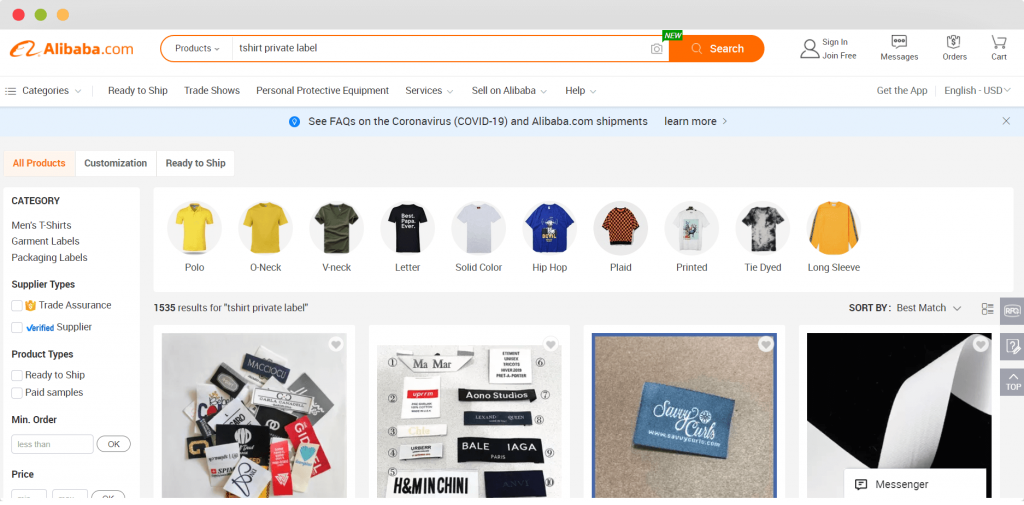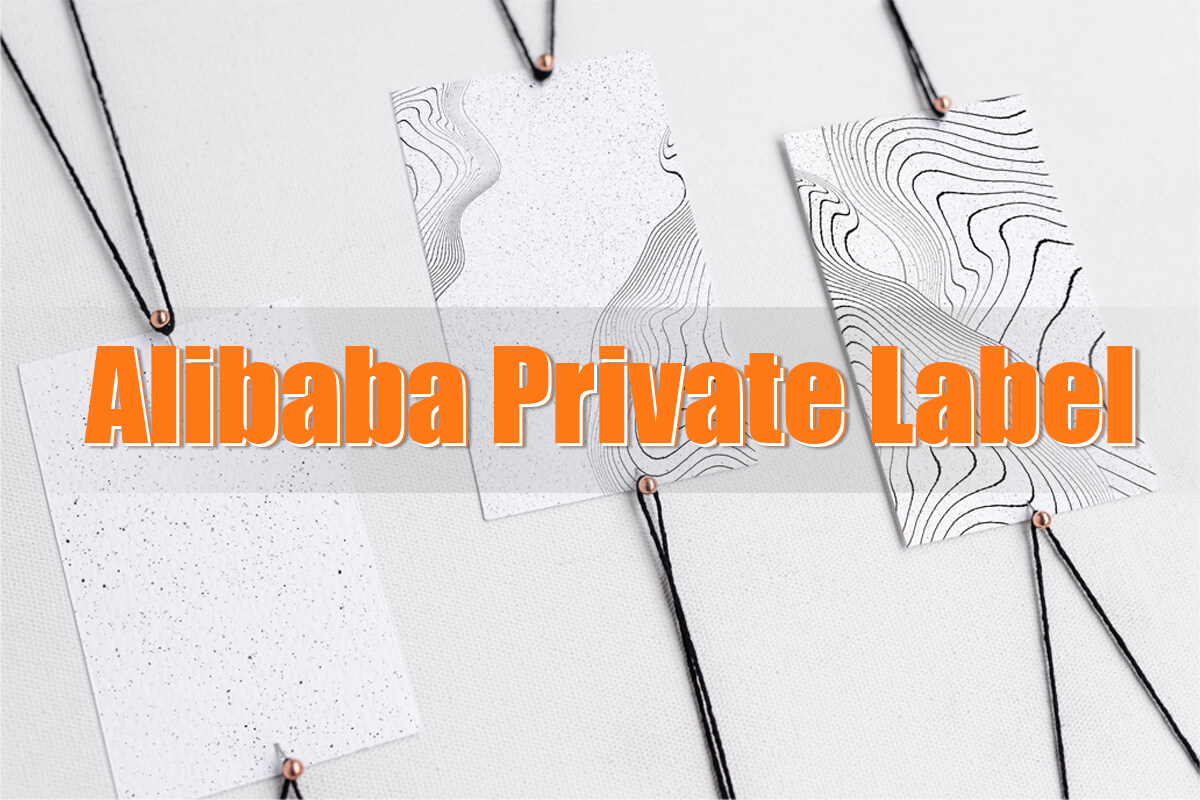Overview of Dropshipping and Private Labeling on Alibaba
Alibaba is a leading global marketplace for sourcing products directly from manufacturers and wholesalers, making it a popular choice for startups interested in both dropshipping and private labeling. Here’s a breakdown of the opportunities, processes, and considerations for startups in Singapore and beyond.
Dropshipping on Alibaba
How It Works
Dropshipping via Alibaba involves partnering with suppliers who ship products directly to your customers. Unlike AliExpress (which is better for beginners due to no minimum order quantities), Alibaba often requires negotiation and relationship-building with suppliers, but offers lower costs and greater customization potential.
Key Steps
- Use Alibaba’s Dropshipping Portal: This portal lists suppliers open to fulfilling individual orders, bypassing traditional minimum order quantities (MOQs).
- Connect Your Online Store: Integrate your e-commerce platform (e.g., Shopify) with Alibaba to sync product listings and automate order processing.
- Source Products: Search for products with high demand and low competition. Use filters to refine by supplier location, MOQ, and verification status.
- Manage Orders: Orders from your store appear in Alibaba’s “My Orders” tab, where you can confirm, pay, track, and manage refunds.
Benefits
- Lower Costs: Direct manufacturer pricing improves profit margins.
- Customization: Many suppliers offer product and packaging customization, supporting private label initiatives.
- Supplier Relationships: Building long-term relationships can lead to better terms and priority service.
Challenges
- Communication Barriers: Language and time zone differences may require extra effort.
- Longer Fulfillment Times: Bulk production and international shipping can delay delivery compared to local suppliers.
- MOQs: Some suppliers still require minimum orders, which may not suit all startups.
Private Labeling on Alibaba
What Is Private Labeling?
Private labeling means selling products under your own brand, often with custom packaging, logos, and sometimes even product modifications. This allows startups to differentiate themselves and build brand loyalty.
How to Start
- Find Suppliers Open to Private Labeling: Use Alibaba’s search filters to identify suppliers offering OEM (Original Equipment Manufacturer) or ODM (Original Design Manufacturer) services.
- Negotiate Customization: Discuss logo placement, packaging design, and product specifications directly with suppliers.
- Order Samples: Always request samples to verify quality before committing to large orders.
- Integrate with Your Store: Use tools like DSers, Dropified, or AliDrop to streamline product import and order fulfillment.
Benefits
- Brand Control: Create a unique product line and avoid competing solely on price.
- Premium Pricing: Private label products often command higher prices and customer loyalty.
- Scalability: As your brand grows, you can expand product lines and negotiate better terms with suppliers.
Considerations
- Upfront Investment: Custom branding and MOQs may require more initial capital.
- Quality Assurance: Consistently monitor product quality, especially when switching suppliers or scaling up.
- Intellectual Property: Ensure your branding and designs are protected in your target markets.
Tools and Integrations
Several third-party tools can simplify the Alibaba dropshipping and private labeling process:
| Tool | Key Features | Best For |
|---|---|---|
| DSers | Product sourcing, order automation, Shopify integration | Scaling dropshipping stores |
| Dropified | Automates order fulfillment, connects multiple platforms | Multi-store management |
| AliDrop | One-click product import, custom branding, Shopify integration | Private label startups |
These tools help automate product listing, order processing, and even custom branding, reducing manual workload for startups.
Is Alibaba Right for Your Startup?
Ideal For:
- Startups ready to invest in branding and supplier relationships for long-term growth.
- Entrepreneurs seeking to differentiate through private label products.
- Businesses comfortable managing international logistics and communication.
Less Suitable For:
- Beginners wanting to test products with minimal risk (consider AliExpress first).
- Startups needing ultra-fast, local delivery (Alibaba’s lead times are typically longer).
Summary Table: Dropshipping vs. Private Labeling on Alibaba
| Aspect | Dropshipping | Private Labeling |
|---|---|---|
| Branding | Generic or white-label | Custom branding, packaging, product |
| MOQ | Often low or negotiable | May require higher MOQ |
| Profit Margin | Lower (due to competition) | Higher (brand differentiation) |
| Supplier Relationship | Transactional or ongoing | Long-term, collaborative |
| Risk | Lower upfront cost, higher competition | Higher upfront cost, greater differentiation |
Conclusion
Alibaba offers robust opportunities for startups in Singapore and globally to engage in both dropshipping and private labeling, with significant advantages in cost, customization, and scalability. Success depends on careful supplier selection, clear communication, and leveraging automation tools to streamline operations. For startups aiming to build a unique brand and willing to manage international logistics, Alibaba is a powerful platform to consider.




















WebSeoSG offers the highest quality website traffic services in Singapore. We provide a variety of traffic services for our clients, including website traffic, desktop traffic, mobile traffic, Google traffic, search traffic, eCommerce traffic, YouTube traffic, and TikTok traffic. Our website boasts a 100% customer satisfaction rate, so you can confidently purchase large amounts of SEO traffic online. For just 40 SGD per month, you can immediately increase website traffic, improve SEO performance, and boost sales!
Having trouble choosing a traffic package? Contact us, and our staff will assist you.
Free consultation